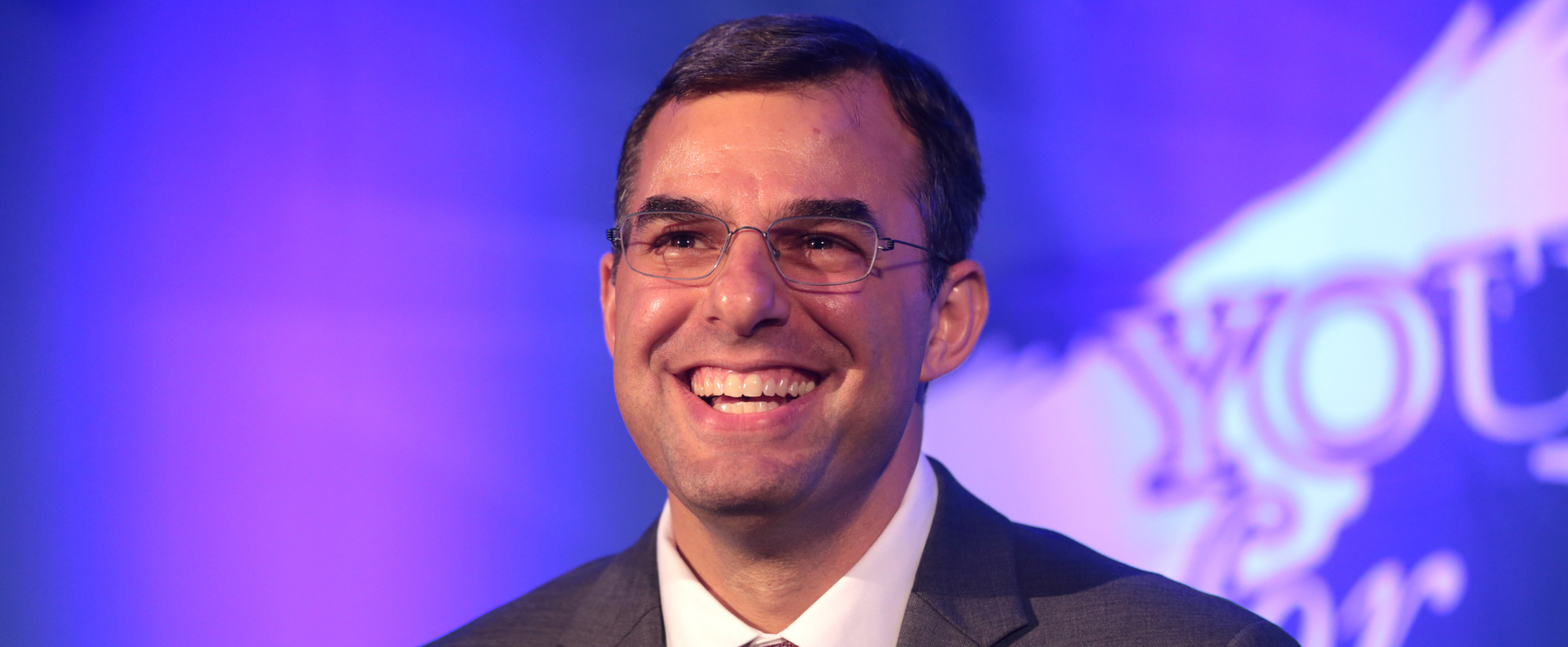Sign up for the daily CJR newsletter.
In early October, as the impeachment inquiry into Donald Trump took shape, Oliver Darcy, CNN’s senior media reporter, wrote that right-wing media such as Fox News had “successfully managed to lock the Republican Party from access to its own base.” Republican representatives wouldn’t challenge Trump on Ukraine, Darcy reasoned, because they feared critical coverage from the national conservative-media sources that Trump voters favor.
“Elected Republicans know that speaking out against Trump will result in facing a vicious wrath from the very people who their voters trust most,” Darcy wrote. “Don’t believe me? Just ask Justin Amash, who was celebrated for years by the conservative media. Ask him what happened when he spoke out against Trump.”
ICYMI: The Bergen Record’s year of no records
Prior to Trump’s election, Amash, a fifth-term representative for Michigan’s Third Congressional District, was known in the local press for being a principled and stubborn libertarian, a foil for more mainstream local representatives. In national news coverage, Amash was more generally known as a “contrarian” who never missed a vote and who wrote a lengthy Facebook explanation for every vote cast. “Even though he was a Republican, he was always kind of an outsider, or at least has been for a long time,” says Jonathan Oosting, a veteran Michigan reporter who now covers politics for Bridge magazine, a nonprofit news outlet in that state. Oosting recalls a conversation he had with Amash at a Ted Cruz rally on the eve of the 2016 primary. “I asked him, ‘Could you ever see yourself supporting Trump?’ And all he would say is, ‘I like him on The Apprentice.’ ” (Amash declined to be interviewed for this piece.)
Following Trump’s election, Amash’s national-media profile took a turn. He began receiving more coverage for his opposition to mainstream Republicans and his willingness to consider impeaching the president. In February of 2017, the Wall Street Journal headlined Amash as a “leading critic of fellow Republican Donald Trump.” Reason magazine published an interview with Amash later in the year, in which Amash said that “the two-party system needs to die.” As local reporters shrugged at national outlets’ newfound interest in Amash as an antagonist, their coverage focused more on dissent at Amash’s town halls in Michigan’s Third District.
In February, Amash—along with a dozen other Republican representatives—voted against Trump’s emergency declaration to secure funding for his wall at the Mexican-American border. All thirteen representatives made news, but Amash appeared on CNN to discuss his decision, and Michigan news site MLive.com covered the town hall in which he reviewed the issue with constituents. In May, while the rest of his party largely dismissed the Mueller report as overhyped, Amash composed a lengthy Twitter thread concluding that the president had “engaged in impeachable conduct.” CNN called Amash the “first Republican” to say as much. NBC covered Trump’s angry response, in which he fired out a tweet calling Amash “a lightweight.”
In July, Amash left the Republican Party and declared himself an Independent—a decision he announced in a Washington Post op-ed. Leaders of both political parties, Amash wrote, “distract and divide the public by exploiting wedge issues and waging pointless messaging wars. These strategies fuel mistrust and anger, leading millions of people to take to social media to express contempt for their political opponents, with the media magnifying the most extreme voices. This all combines to reinforce the us-vs.-them, party-first mind-set of government officials.”
Soon after Amash’s decision to leave the Republican Party, Fox News published a story headlining his exit alongside President Trump’s proclamation that it was “great news.” The URL of the piece quotes Amash being “frightened” by party politics—a single word pulled from the Post op-ed, which runs at a length of more than nine hundred words. Another Fox article quotes actor Dean Cain speculating that Amash’s decision will cost him his seat.
The city of Grand Rapids, which is a solid chunk of his district, is generally pretty Democratic. The rest of the district is Republican, leaning a little more toward purple. It is a district that seems set up for somebody of his viewpoint—that isn’t just purely partisan.
AS NATIONAL NEWS COVERAGE replaces the instructive role once played by local outlets, overly simplistic partisan politics increasingly drives the conversation. National news coverage “is naturally more partisan—centered around the disputes between the two major national parties, and way less about what local representatives are doing for their districts,” says Johanna Dunaway, a professor at Texas A&M who has studied the decline of local news and the subsequent effects of national media—particularly cable news—taking its place. A study from 2018, for which Dunaway was one of the authors, found that the death of local news correlated with decreased split-ticket voting in that area.
“We were comfortable calling it ‘more polarized or partisan,’ because it was—people were voting in less complicated ways,” Dunaway says. She also points to a 2016 study that found that, over time, the introduction of Fox News to a marginal district correlated with congresspeople in that district—Republicans as well as Democrats—moving to the ideological right in their voting patterns, particularly close to an election.
In October, Kevin Arceneaux, with Dunaway and a team of colleagues, published a study on the ways in which the introduction of Fox News to congressional districts shapes candidate participation in races. The arrival of Fox News to a district correlated with Republicans entering congressional races more quickly, and with greater confidence. “They weren’t more likely to win,” says Arceneaux, a political science professor at Temple University. “They were just more likely to perceive that they could win.”
In late October, Amash posted a tweet warning his Republican colleagues to “step outside [their] media and social bubble,” lest history remember them unkindly. It’s clear that Amash believes history will be on his side; however, as yet, it’s unclear whether voters will be. Even while local reporters describe Amash as unchanging, the media landscape shifts almost daily. Amash’s mulishness in a time of toeing party lines has put his star on the rise, but Michigan voters will have to decide whether a candidate increasingly famous for being an outsider is more or less worthy of receiving a vote.
Absent the polarizing effects of national media, Michigan’s Third District seemed poised to find an independent candidate such as Amash appealing. “The city of Grand Rapids, which is a solid chunk of his district, is generally pretty Democratic,” Nick Manes, a political reporter for the Michigan Advance, says. “The rest of the district is Republican, leaning a little more toward purple. It is a district that seems set up for somebody of his viewpoint—that isn’t just purely partisan.” While Amash’s independent streak has been used as a polarizing device in national news coverage, both Manes and Oosting say that the same independence has brought him attention from voters. West Michigan Republican voters are “more traditional” and “stoic conservatives,” Oosting says. “They’re not necessarily on board with some of the harder right turns of the party in recent years that the pundits on Fox News have incorporated into their shows.”
In his recent profile for Rolling Stone, Andy Kroll portrayed Amash’s 2020 campaign as an exercise in coalition building. “Anyone who votes for Amash in November will have to cross party lines to do it,” Kroll wrote. The same voters must also weigh Amash’s record against a pro-Trump national media that prioritizes party politics ahead of nuance.
“Congressman Amash is an interesting test case in that he’s not taking his perception of voters from conservative media,” says Dunaway. “He’s taking this gamble that he understands his constituents and they’re not going to abandon him because of the decisions that he’s made.”
THE KICKER: Carole Cadwalladr and disinformation at the ballot box
Has America ever needed a media defender more than now? Help us by joining CJR today.







